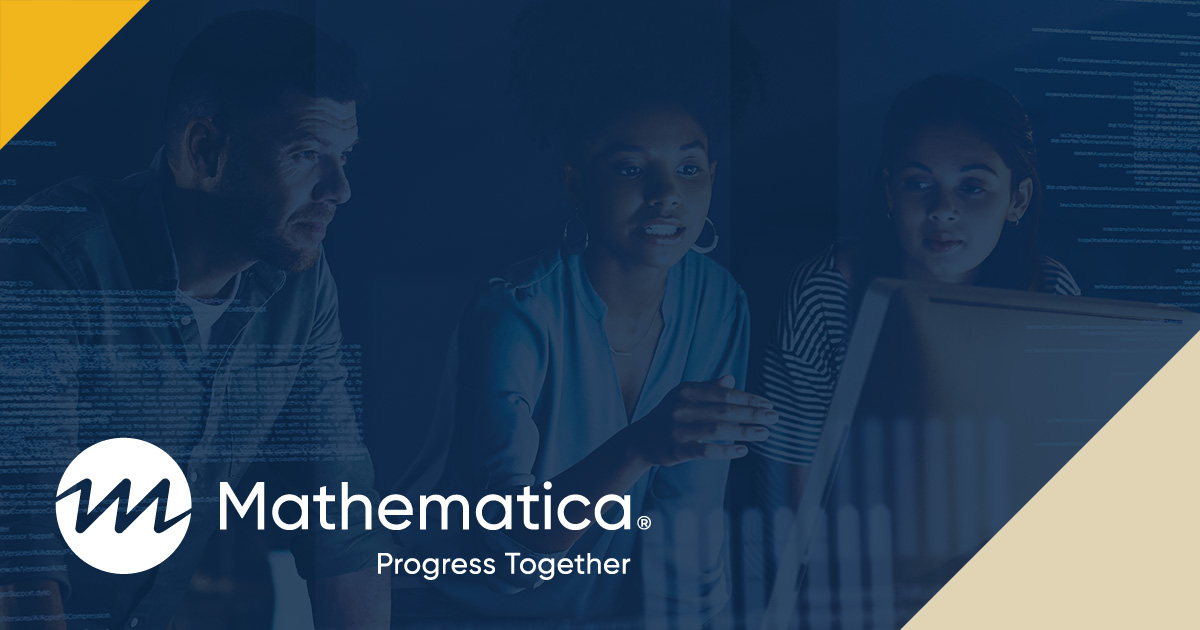Project Overview
To examine the eligibility, recruitment, selection, enrollment, and attendance/retention (ERSEA) approaches Head Start programs use to support and retain families experiencing adversities.
To understand the ERSEA approaches that are likely to be successful for families experiencing adversities, the factors affecting the implementation of these approaches, and how families experience early education and child care.
Brazelton Touchpoints Center
U.S. Department of Health and Human Services, Administration for Children and Families, Office of Planning, Research, and Evaluation

Mathematica and Brazelton Touchpoints Center are conducting this project under contract with the Office of Planning, Research, and Evaluation (OPRE), within the Administration for Children and Families, U.S. Department of Health and Human Services. The project focuses on understanding the characteristics of families facing adversities, including those served by Head Start and those eligible but not enrolled. It highlights community, program, and policy factors that could shape programs’ recruitment, selection, enrollment, and retention approaches and engagement of families with the program.
The project involves a literature synthesis to assess the knowledge base on how Head Start programs recruit, select, enroll, and retain especially vulnerable families; the development of a conceptual framework; a secondary analysis of existing data sets leading to interactive national maps of Head Start program locations; and a qualitative case study of Head Start programs, staff, community partners, and parents . The culmination of the project will directly help programs by providing a toolkit for use by federal, state, and/or local agencies and programs that builds capacity to connect and engage with vulnerable families.
Evidence & Insights From This Project

Reaching and Supporting Families Most in Need
This brief describes how Head Start programs participating in REACH case studies identify and prioritize families, including those experiencing adversities, for recruitment and enrollment in Head Start; how they recruit, select, and enroll families, including those experiencing adversities, into Head Start; and how they maintain regular attendance and retain families in the program.
Learn MoreSelecting Families with the Greatest Needs
Related Staff
See Clearly. Act Quickly.
From local to global challenges in health, human services, and international development, we’re here to improve public well-being and make progress together. Learn more about becoming a Mathematica client or partner.
Work With Us




